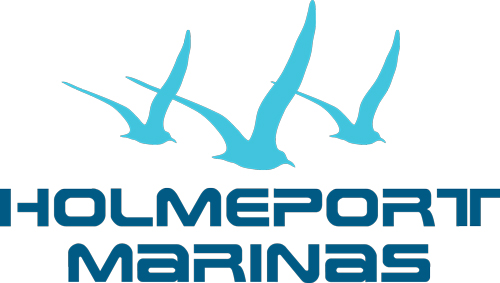Staying safe is paramount to your boating enjoyment. Use these tips to have a fantastic day out on the water.
Who can you turn to for help when your boat has broken down?
The Australian Volunteer Coast Guard Association and the Royal Volunteer Coastal Patrol are based in Sydney. Both maintain shore-based radio stations to monitor marine radio channels. They are recognised as official search and rescue organisations that support the authorities during emergencies. It is strongly recommended that you log in and off with a volunteer rescue body when venturing out to sea.
Check your safety equipment every time before heading out onto the water, and do not overload your vessel.
Below are a few important items to have on board
Marine radios
Compulsory for all vessels operating more than 2 nautical miles out to sea. All emergency words are repeated three times.
"MAYDAY, MAYDAY, MAYDAY"
A mayday call denotes an emergency involving imminent danger to a vessel. If you hear a mayday call,
do not transmit, but continue to monitor the radio. If a shore station such as the local Coast Guard or
Coastal Patrol fail to respond to the call you should attempt to relay the message and render any assistance.
"PAN PAN, PAN PAN, PAN PAN"
Pan Pan is an urgency message that indicates a vessel is in trouble, but not in immediate danger.
"SECURITE, SECURITE, SECURITE"
Securite messages generally prefix navigational safety messages such as
weather reports or navigational hazard updates.
EPIRB
Emergency Position Indicating Radio Beacon, is compulsory for all vessels 8m or more in length operating 2 nautical miles from shore. Once activated, it transmits a distress signal for at least 48 hours that can be detected by satellites and overflying aircraft.
Flares and V-sheets
The V sheet is a fluorescent orange-red coloured sheet 1.8 x 1.2 metres, with a large black V printed in the middle.
PFD
Personal flotation devices, are the most important piece of safety equipment on any vessel and must be carried on board, one for every occupant.
Fire extinguisher
Should be serviced regularly.
Oars and paddles
Must be carried on most vessels under 8 metres.
Compass and charts
Required if operating offshore.
Fresh drinking water
Two litres per person.
Waterproof torch
A valuable safety device for signalling and working on the engine. (don't forget spare bulbs and batteries)
Bilge pump + First Aid Kit + Tool kit + Lifeboat + Life raft
Life buoys
Or rescue quoit is mandatory for all vessels 8 metres or over on enclosed or open waters.
Bucket
Metal or plastic, with a 2-metre rope attached. Safety item for both bailing water out,
fighting fires and in an emergency can be used as a sea anchor.
Look after all safety equipment
Ensure it is accessible in a dry, well ventilated area and let everyone on board know where safety gear is stored.
Do not drink alcohol and drive
And remember the three C's :- Care, Courtesy and Common sense.
Tell people where you are going
If you intend to do fishing in New South Wales waters, both freshwater and saltwater,
you must carry a NSW fishing licence. This covers spear fishing, hand gathering and bait collection.

